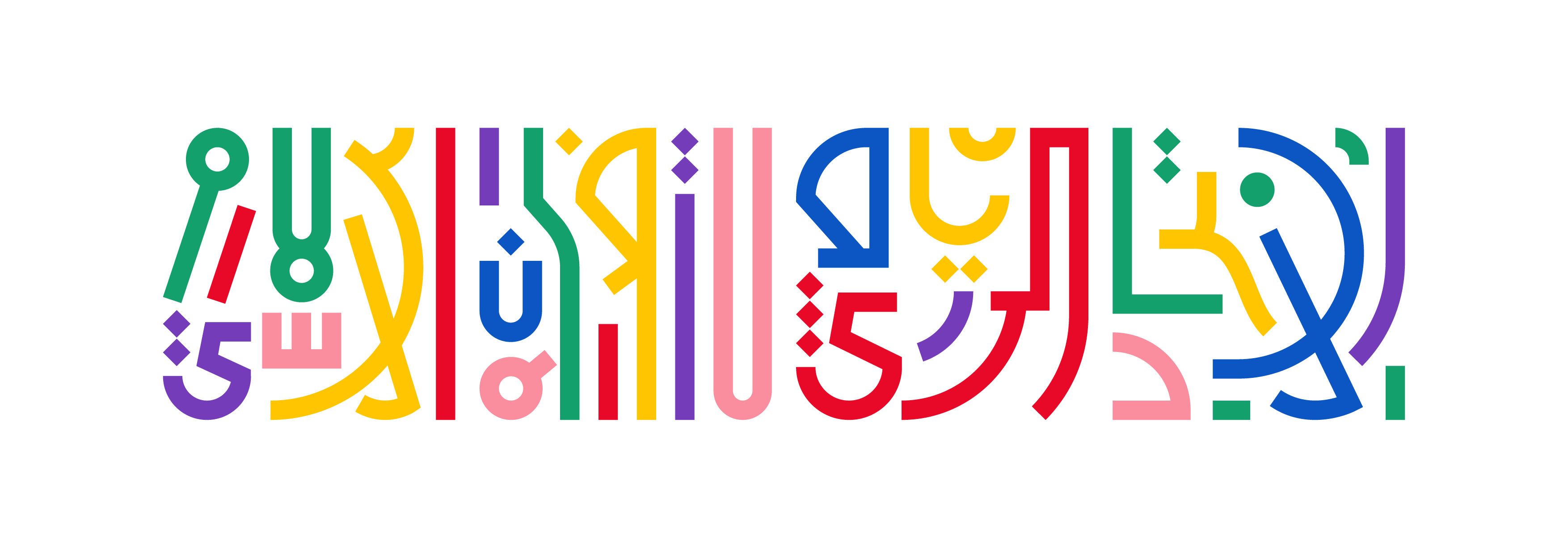Why are you running as a candidate for the ISSA Athletes' Commission?
"I am running because no one understands the
challenges of sport more than us, the athletes
who live them daily. Decisions shape our
training, wellbeing, and futures, so our voices
must be part of the process. I also want to
represent Palestine’s athletes, who face unique
circumstances that are difficult to understand
without living them.
With more than 17 years in karate and still
competing, I have experienced many stages of
an athlete’s journey: from being a student
fighting to keep top grades just to continue
training, to balancing international competition
with civil engineering studies, and now
preparing for the transition to the next stage of
life. I want to be there for athletes going
through similar moments, so they don’t feel
alone.
This Commission offers the perfect platform for
me to give back to sport, to represent athletes’
voices with honesty and empathy, and to help
shape an environment where athletes feel
supported throughout their entire journey—
during competition and beyond."
Hala Al Qadi
Karate AthleteMy experience is both athletic and professional.
As a karate athlete, I have represented
Palestine in several major championships,
including the Asian Games, World
Championships, and other regional
tournaments. I also had the honor of
representing my country in forums and events
beyond competition, giving me a broader
perspective on the role of athletes in society.
Outside sport, I hold a Bachelor’s in Civil
Engineering and professional training in project
management. I was responsible for organizing
social and academic events at my university and
in my karate club, which strengthened my
communication, leadership, and organizational
skills.
Balancing academics, career development, and
elite sport has taught me resilience, empathy,
and discipline. These experiences allow me to
connect with athletes, understand their
struggles, and bring both athletic insight and
professional skills to the Athletes’ Commission.
Because I can truly relate to their struggles. I
know what it means to study long hours just to
keep my grades high enough to stay in sport,
and the sacrifices of pursuing engineering while
competing internationally with little to no time
for anything else.
As a Muslim hijabi girl in martial arts, I faced
criticism from society, but I was fortunate to
have supportive parents. Many girls are not as
lucky, and I want to be their support. My goal is
to help all athletes—men and women—find
balance in their journey and to represent those
whose voices often go unheard.
My biggest challenge has been balancing a
demanding education with international
competition while overcoming social barriers. In
school, I needed perfect grades just to be
allowed to train, which meant endless study
hours alongside practice. As a civil engineering
student, I managed exams and projects while
traveling for championships, often with no time
for rest or a social life. On top of this, I faced
criticism as a hijabi girl in karate, constantly
proving my place in the sport.
These struggles were difficult, but they built my
resilience and shaped the determination I now
bring to support other athletes facing similar
pressures.
My brother and I were fascinated by martial arts
in movies, especially karate. Our parents signed
us up one summer, and we instantly loved the
sport, our coach, and the community.
Seventeen years later, karate remains a central
part of my life.
Sport has shaped who I am and given me
purpose beyond academics and career goals.
Karate taught me resilience, confidence, and
discipline, and connected me with people from
around the world, making a big part of my social
life revolve around it. It also encouraged healthy
habits, from good sleep to proper nutrition.
Representing Palestine internationally gave me
immense pride and opened doors to
opportunities I wouldn’t have had without sport
—including the chance to contribute to the ISSA
Athletes’ Commission. Most importantly, it gave
me strength to face life’s challenges and
inspired me to help others overcome theirs.
1. Support athletes in building successful
careers during and after sport, ensuring a
smooth transition beyond competition.
2. Empower female athletes, particularly in
conservative communities, to pursue their
passion and break barriers, even without
external support.
3. Strengthen athlete involvement in decision-
making, making sure policies reflect our real
experiences, needs, and wellbeing
- Resilient
- Supportive
- Committed
I am passionate about supporting athletes so
they don’t have to face the struggles I’ve lived
through alone. I want to guide them through the
challenges of balancing sport, education,
career, and social pressures, and help them find
their path without feeling isolated. Empowering
athletes—especially young women in
conservative communities—to pursue their
dreams and navigate obstacles gives me
purpose and drive to make a real difference in
their journey.
Because policies and decisions affect us more
than anyone else. Performance impacts our
lives deeply, and even small changes can alter
our wellbeing, careers, and futures. Athletes live
these realities every day—our voices must be
heard, respected, and acted upon.
















